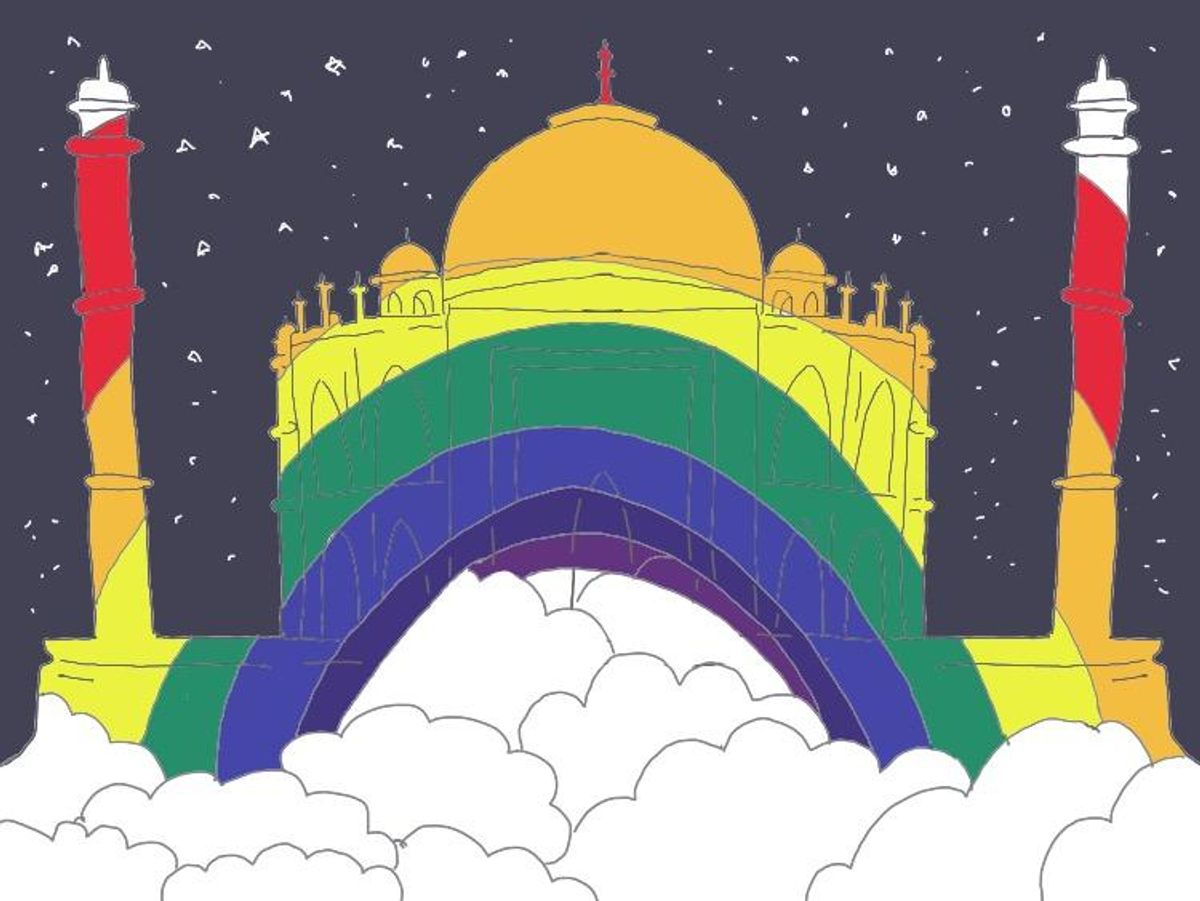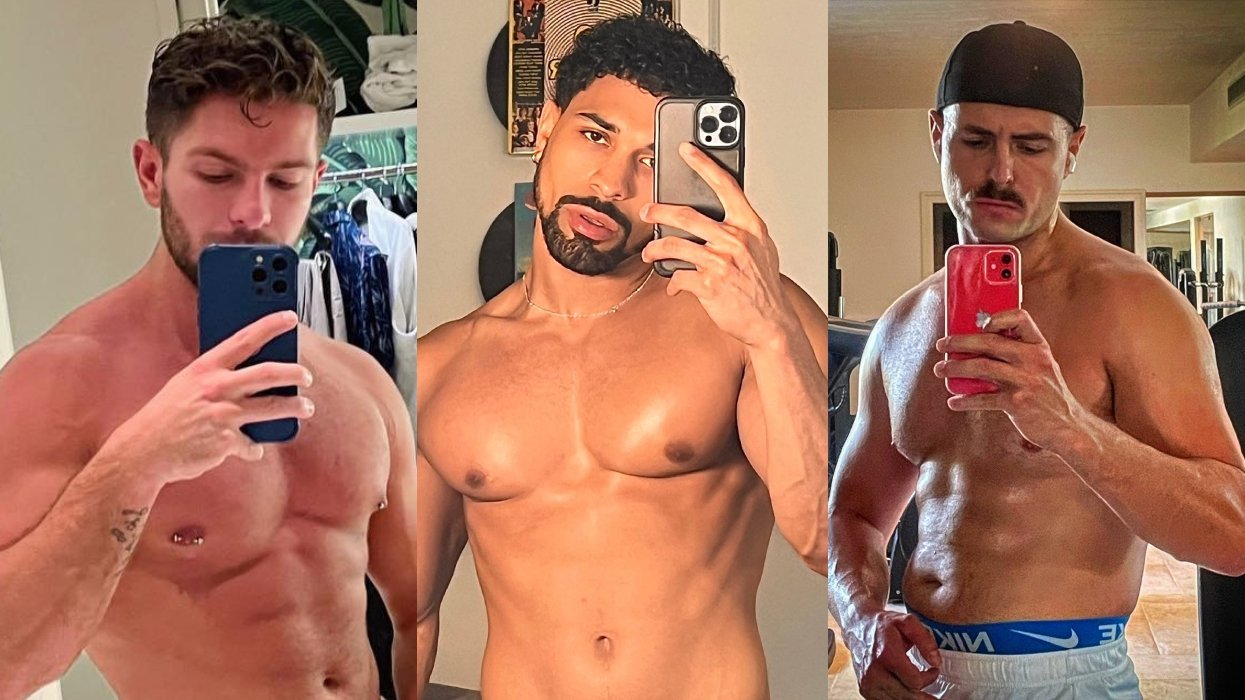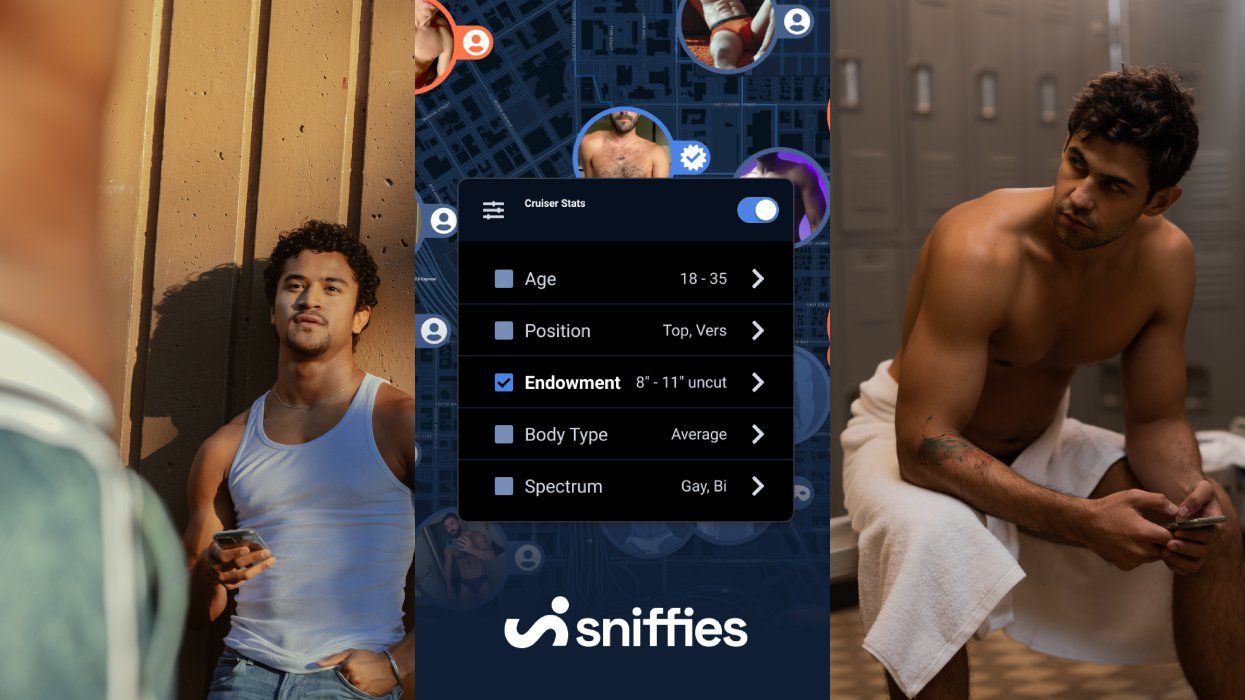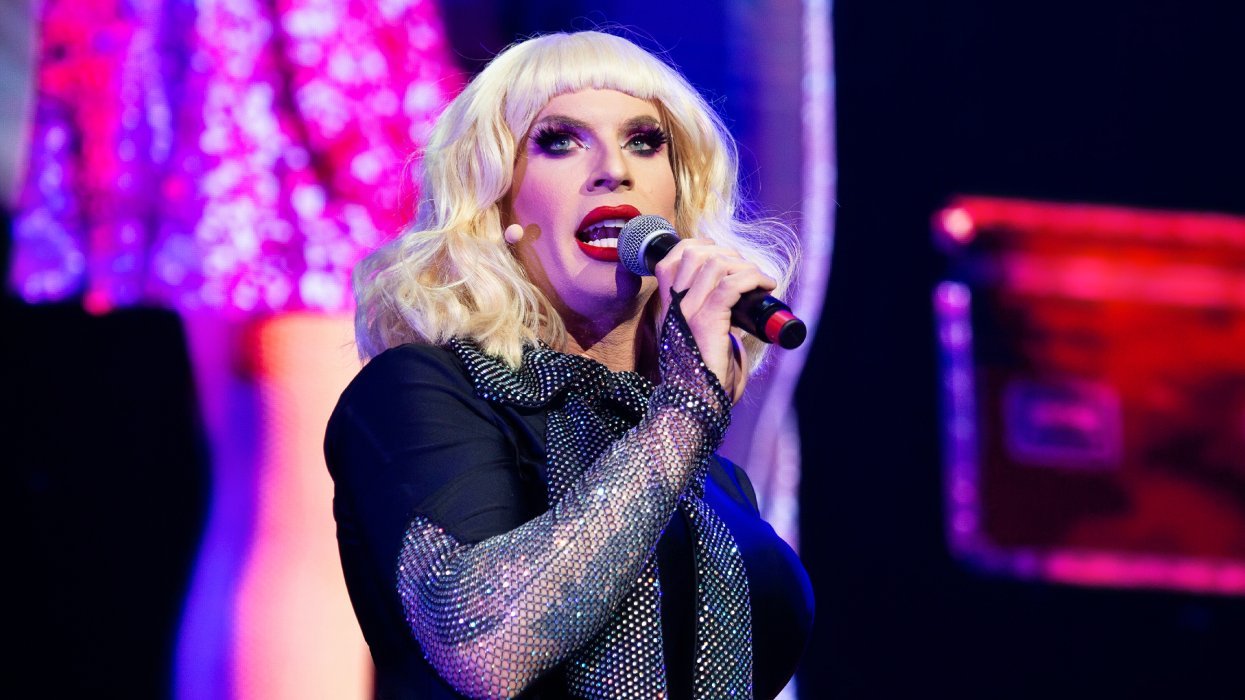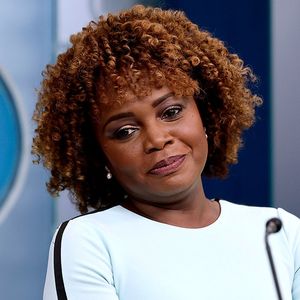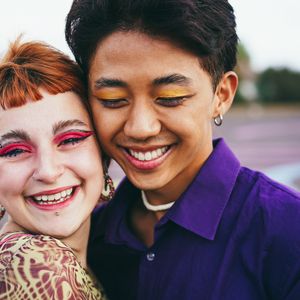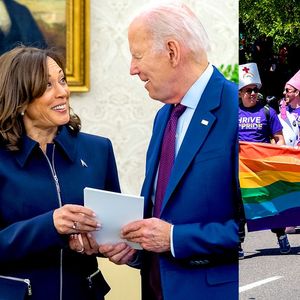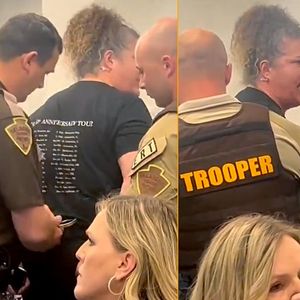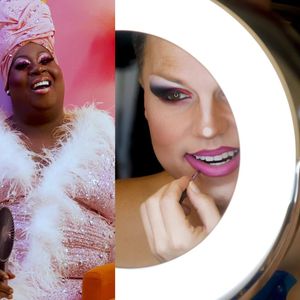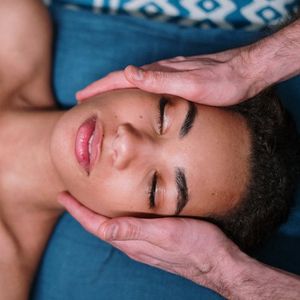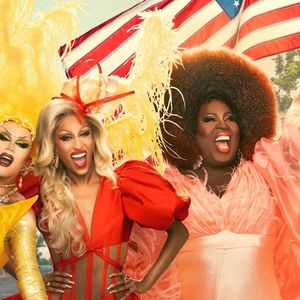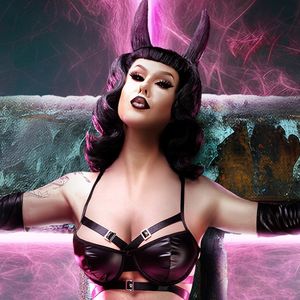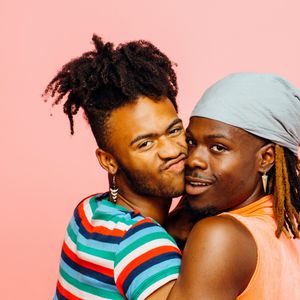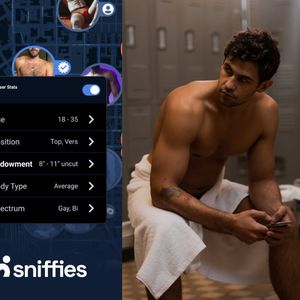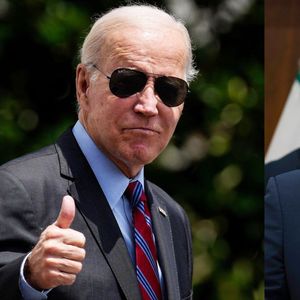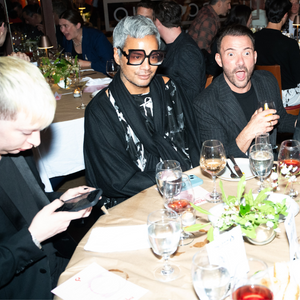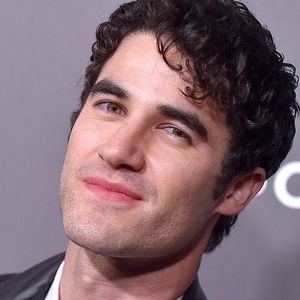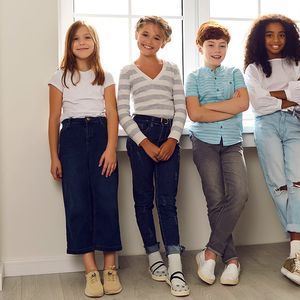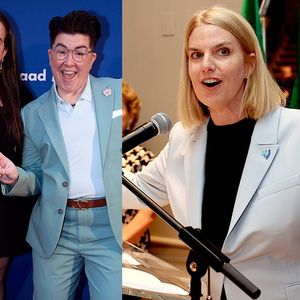Please Note: This piece was written under a pseudonym.
I grew up in a button-down household, under the guidance of parents who weren't particularly religious outside of conventional prayer and holiday customs.
I'd go to the mosque on a rare occasion, and I'd hear the Qur'an playing softly in the house every now and then. I was never asked to pray, forced to fast, or wear the hijab, and while my parents made it clear that if I had questions they'd do their best to answer them, any decision to follow religious doctrine was always up to me.
As I grew older I wanted to visit the mosque and embed myself within the Muslim community, especially as my identity strengthened, and so I chased after houses of worship around me. And as a child of diaspora, and the product of two refugees, I was desperate for a home, specifically for a community, that in any way resembled my place of origin. Yet, I wouldn't last beyond the first week at any mosque I visited.
I didn't feel connected to God in these spaces, not because the people were caricatures of every Orientalist media portrayal, but because I felt abandoned by a community that was meant to be welcoming and merciful.
As I came to terms with the fact that I was a queer woman, I'd feel the heat of shame strike at my neck during gatherings. I avoided the topic of homosexuality because conversations would fall apart into angry debate, and quickly. What are you, gay or something?, someone once asked me.
So I stopped going to the mosque entirely because I was slowly being looked at as an outsider, as though I was an intrusion--a blemish laying underneath a pure landscape. This is a kind of abandonment that stings, and one that keeps me from coming out to my family, and some friends.
Even the thought of dissatisfying my parents in a way that could possibly have them think of me as some kind of anomaly sends a chill through me. And still, even discussing these issues with the hopes of finding solidarity is a double-edged sword, especially as anti-Muslim animus across the United States continues to grow at a rate we've never seen before.
However, the pain I've felt being rejected by the Muslim community for being queer has been no different than the torment of being dehumanized in LGBTQ spaces for being Muslim. My being Muslim means that I continue to fight to find a space that will not erase me or find me impure.
The conflict that arises in the course of attempting to mend broken bridges between LGBTQ Muslims and their communities is compounded by hate merchants who relish in every word we utter against homophobia within the Muslim community, and so out of the fear of being tokenized and employed as anti-Muslim ammunition, many of us make a reluctant choice to remain quiet.
Muslim communities are unfortunately flooded with those who claim that the only adherents recognized by God are heterosexual, and so we're forced to straddle our devotion to Islam and a world that rejects us.
Yet LGBTQ spaces aren't without those who repeat the same adage, that we must repudiate our Muslim identities in order to find solidarity. LGBTQ Muslims are continuously mocked and patronized by the very organizers and people of faith who claim to be compassionate.
Confronting homophobia within Muslim communities must take place, but so should confronting anti-Muslim sentiment, tokenization, and Orientalism often found in LGBTQ organizations and spaces. Imaan, the United Kingdom's leading LGBTQ charity, released a statement following the Orlando massacre, which read in part:
As an organisation, we are committed to supporting Muslims who are LGBTQI.
Because we find ourselves at the intersection of faith, gender and sexuality, we face daily abuse from Islamophobes, homophobes and transphobes alike.
Hatred and violence has no place in any of the communities we belong to and we reject and resist all forms of bigotry.
There can be no change, for either communities, without at least cursory acknowledgement that these issues exists, and an understanding that these issues have led to the destruction of countless lives.
As more Muslims find the courage to break out and to discuss their sexual and gender identities, we may see a thread of mercy being offered, and a chance at reconciliation. Until then, many of us must face the likelihood of repudiation, and we must find a way to stop our criticism from being weaponized against all Muslims in order to cast them out from society. I will not be used to further harm and destroy my community, whether they accept me or not.
The impact of the dual stigmatization I face means that I'm not ready to come out in public as queer and Muslim, but I see the possibility of a conversation taking place and cross-organization movement building materializing. For this I am hopeful.
Layla Noor is an American writer and organizer.
